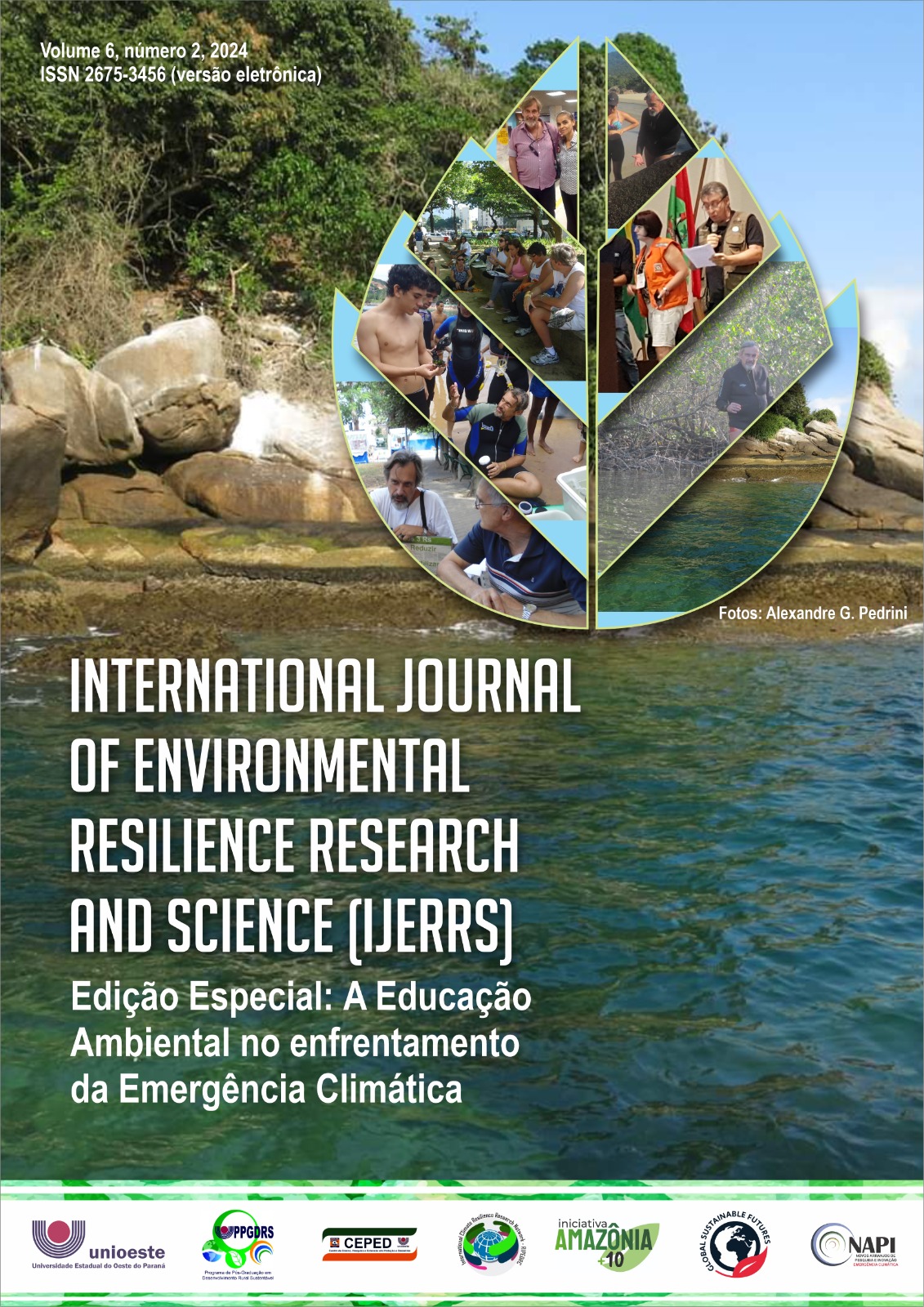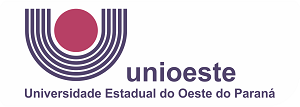Climate Environmental Education and the Contribution of Voluntary Environmental Monitoring (MAV) in Schools and Coastal Communities in Southern Brazil
.
DOI:
https://doi.org/10.48075/ijerrs.v5i2.32776Abstract
Abstract: This article presents the experience of the “Clube Olho Vivo” of Voluntary Environmental Monitoring (MAV) in Schools and Coastal Communities in Santa Catarina and Paraná and indicates its potential for Climate Environmental Education and how this practice can contribute to effective prevention and mitigation strategies. and adaptation in tackling climate change. MAV’s “Clube Olho Vivo” in Schools and Communities is a methodological approach to Environmental Education, created by Univali’s Environmental Education Laboratory (LEA) in 1997, applied and developed in six research and extension projects between 1997 and 2017. By reporting these experiences, the aim is to disseminate this methodological approach that is still little known in the field of Brazilian Environmental Education and to highlight its potential for Climate Environmental Education.
Key Words: Citizen Science. Voluntary Environmental Monitoring. Climate Changes. Participatory Methodologies. Coastal and Marine Zones.
Downloads
Published
How to Cite
Issue
Section
License
Copyright (c) 2023 International Journal of Environmental Resilience Research and Science

This work is licensed under a Creative Commons Attribution-NonCommercial-ShareAlike 4.0 International License.
Aviso de Direito Autoral Creative Commons
Política para Periódicos de Acesso Livre
Autores que publicam nesta revista concordam com os seguintes termos:
1. Autores mantém os direitos autorais e concedem à revista o direito de primeira publicação, com o trabalho simultaneamente licenciado sob a Licença Creative Commons Attribution que permite o compartilhamento do trabalho com reconhecimento da autoria e publicação inicial nesta revista.2. Autores têm autorização para assumir contratos adicionais separadamente, para distribuição não-exclusiva da versão do trabalho publicada nesta revista (ex.: publicar em repositório institucional ou como capítulo de livro), com reconhecimento de autoria e publicação inicial nesta revista.
3. Autores têm permissão e são estimulados a publicar e distribuir seu trabalho online (ex.: em repositórios institucionais ou na sua página pessoal) a qualquer ponto antes ou durante o processo editorial, já que isso pode gerar alterações produtivas, bem como aumentar o impacto e a citação do trabalho publicado (Veja O Efeito do Acesso Livre).
Licença Creative Commons
Esta obra está licenciada com uma Licença Creative Commons Atribuição-NãoComercial-CompartilhaIgual 4.0 Internacional, o que permite compartilhar, copiar, distribuir, exibir, reproduzir, a totalidade ou partes desde que não tenha objetivo comercial e sejam citados os autores e a fonte.









